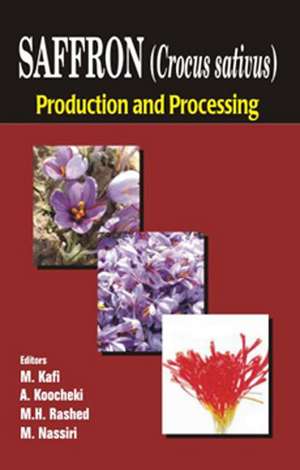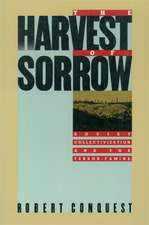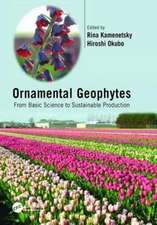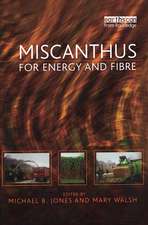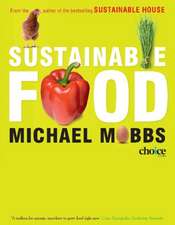Saffron (Crocus sativus): Production and Processing
Editat de M Kafi, A. Koocheki, M.H. Rasheden Limba Engleză Hardback – 4 ian 2006
Preț: 786.86 lei
Preț vechi: 959.58 lei
-18% Nou
Puncte Express: 1180
Preț estimativ în valută:
150.59€ • 156.63$ • 124.32£
150.59€ • 156.63$ • 124.32£
Carte tipărită la comandă
Livrare economică 14-28 aprilie
Preluare comenzi: 021 569.72.76
Specificații
ISBN-13: 9781578084272
ISBN-10: 157808427X
Pagini: 252
Ilustrații: black & white tables, figures
Dimensiuni: 152 x 229 x 19 mm
Greutate: 0.58 kg
Ediția:1
Editura: CRC Press
Colecția CRC Press
Locul publicării:Boca Raton, United States
ISBN-10: 157808427X
Pagini: 252
Ilustrații: black & white tables, figures
Dimensiuni: 152 x 229 x 19 mm
Greutate: 0.58 kg
Ediția:1
Editura: CRC Press
Colecția CRC Press
Locul publicării:Boca Raton, United States
Cuprins
Historical Background, Economy, Acreage, Production, Yield and Uses; Saffron Botany; Saffron Ecophysiology; Saffron Production Technology; Irrigation; Saffron Pests, Diseases, and Weeds; Genetics, Sterility, Propagation and in vitro Production of Secondary Metabolites; Economical Aspects of Saffron; Role of Indigenous Knowledge in Traditional Agriculture with Emphasis on Saffron; Processing, Chemical Composition and the Standards of Saffron; Research Strategies
Notă biografică
M. Kafi, A. Koocheki, M. H. Rashed and M. Nassiri
Descriere
Saffron is a precious spice which is mainly grown in Iran, India, Spain, Greece, Italy, Pakistan, Morocco, and central Asian countries. Until recently, saffron was perceived only for its value as a spice. However, with recent research findings pointing to the medicinal properties of saffron such as its antimicrobial, anticarcinogenic and antioxidant effects, interest in this plant has increased. The book presents a comprehensive account of saffron which includes the historical background, acerage underproduction, yield and applications, botanical ecophysiology, production technology, irrigation, pests, diseases and weeds, genetics, sterility, reproduction and production of secondary metabolites by in vitro method, economic aspects, indigenous knowledge in saffron production, processing, chemical composition and quality control, and research strategies.
